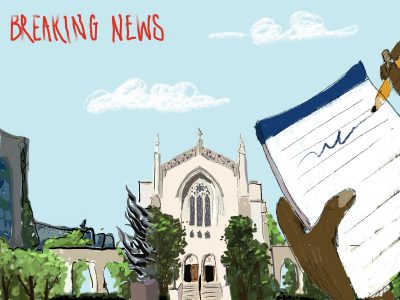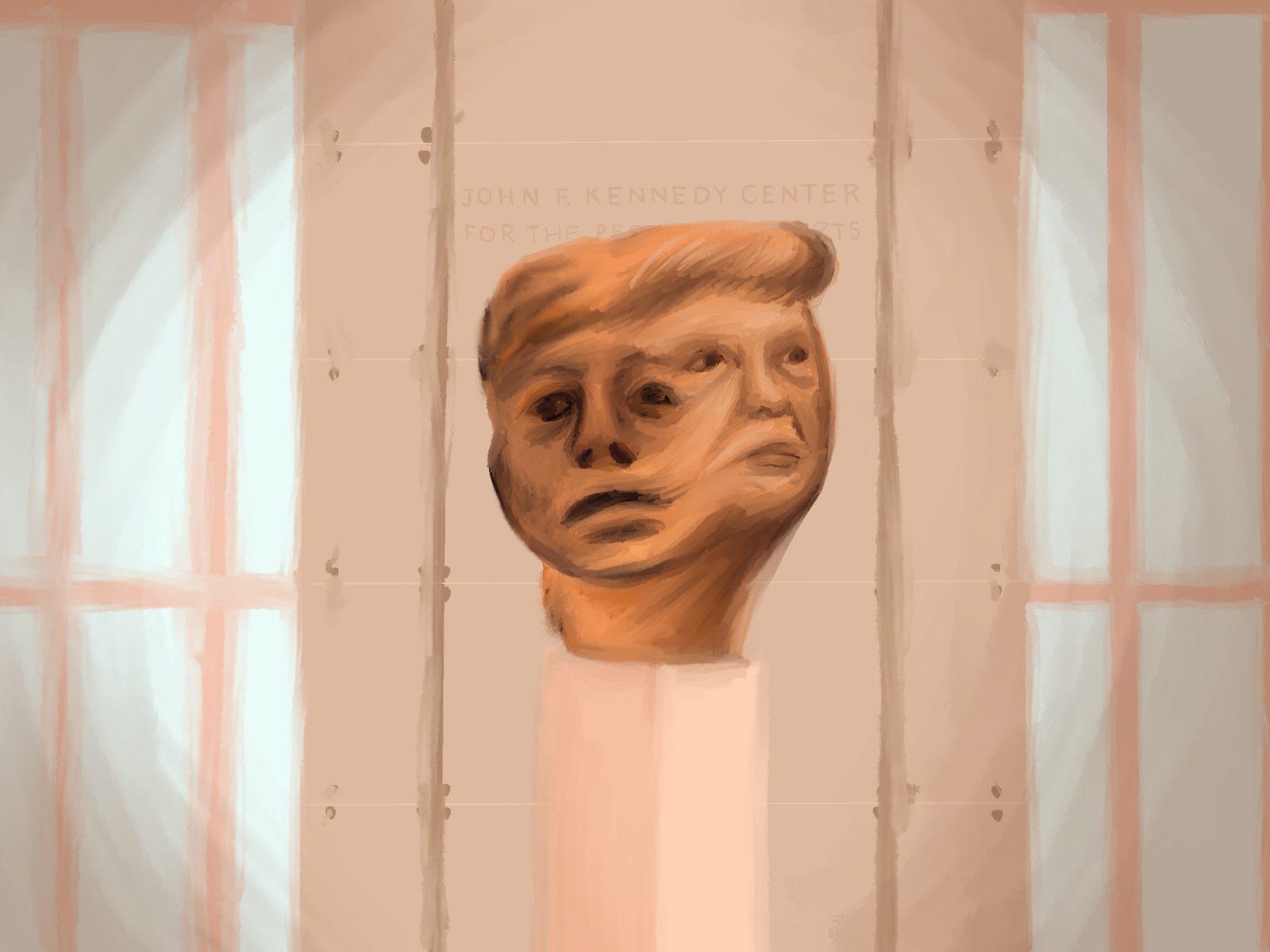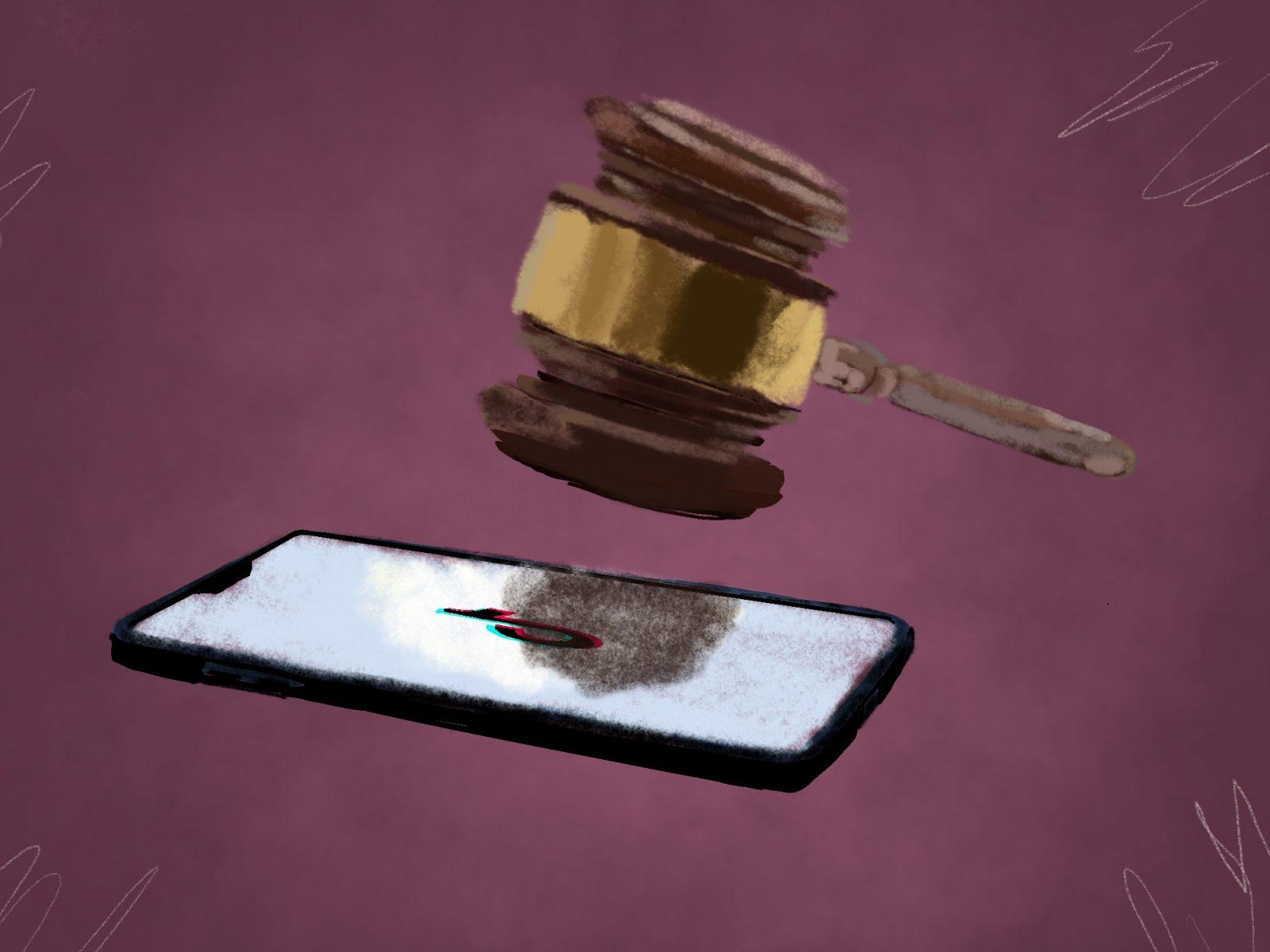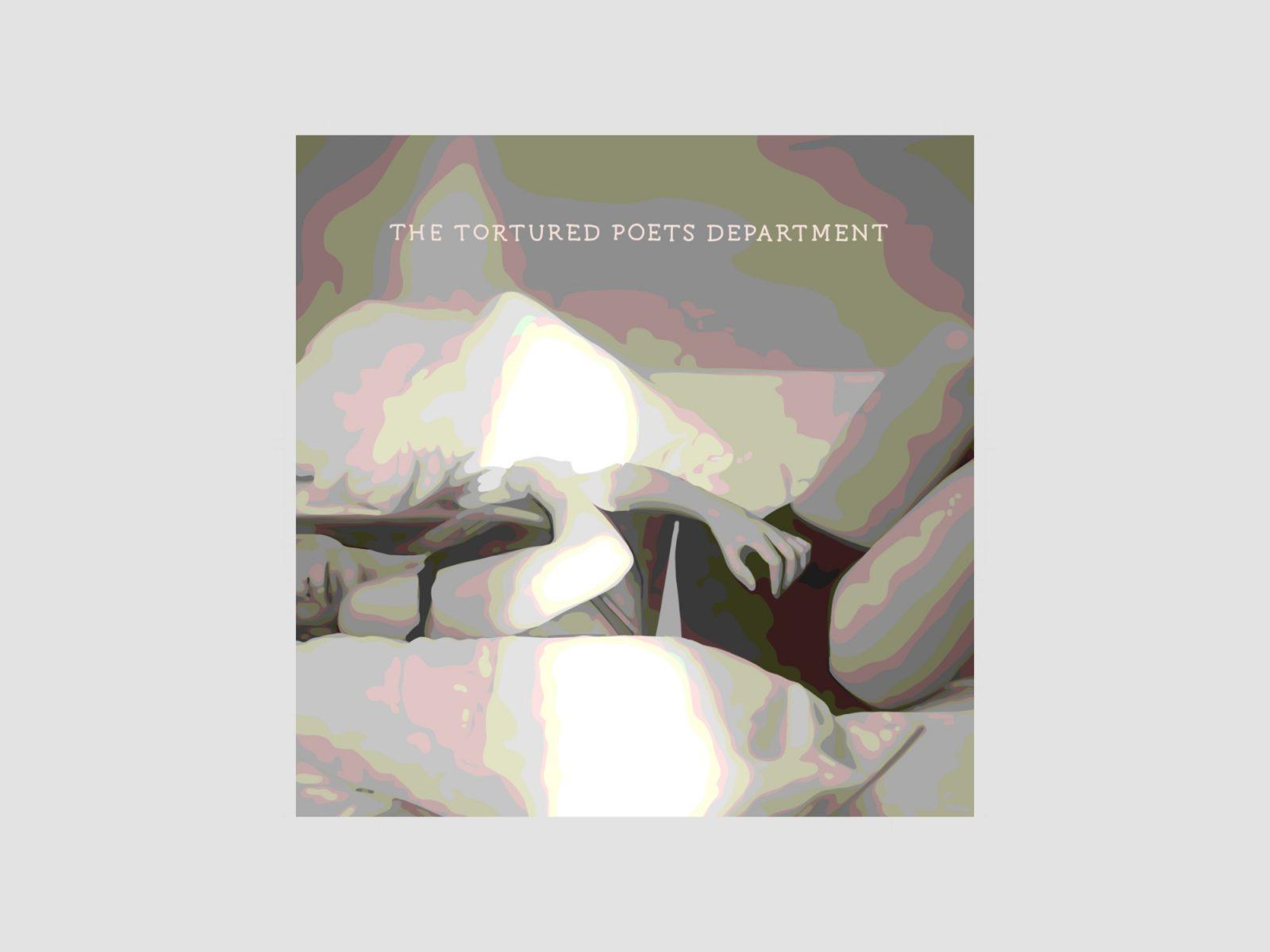Comment sections of articles are often almost as interesting to read as the articles themselves.
Of course, it should be said that the comments shouldn’t dictate your thoughts on the piece or the news in the piece.

But I like to read the comments less to shape my opinion of the piece and more to preface it. So much is said in the writing, but I think potentially more is shared with the reactions: because not everyone themselves can be a writer, it is often easier to relate to the readers, who too are attempting to process the news and the way in which it is delivered.
But the dangers of comment sections these days — where opinions have the space to run rampant, carefree, uninhibited — is that they are often cloaked with the convenient cover of anonymity.
Even if a name is attributed to the comment — as is typically the case with Instagram pictures and X replies — the screen provides some sort of protection, a divider between the person receiving the critique and the critic.
Or, at least, that seems to be the case — particularly comments directed toward journalists.
It should come as no surprise that journalists have long been the target of relentless attacks, both by the people in and the readers of their stories.
It’s a tradition that dates back over a hundred years — in the early 1900s, Ida Tarbell stood in the line of fire of threats and intimidation from the Rockefeller corporation for writing a defamatory series of exposés on Rockefeller’s business practices. In the 1970s, reporter Don Bolles was murdered for writing stories that exposed the activity of major figures in the Mafia.
Stories like this exist across the entire history of journalism, both on the student and professional level. Now, however, it seems that there is an additional element writers must grapple with: the unlimited anonymous forum of the internet.
And as our generation has grown up alongside the emergence of this space, it should come as no surprise that student journalists are first on the chopping block.
Take, for example, the comment section on a recent Instagram post by the Cornell Daily Sun, which linked to a recent article written about controversial comments a Cornell professor made at a pro-Palestinian rally on the school’s campus.
The article solely reported on the comments themselves, the school’s response to the comments and the professor’s statement.
And yet, the comments on the post have very little to do with the professor, the Israel-Hamas war or even Cornell’s reaction to the situation. Rather, the majority of the comments are targeted toward the student reporters themselves.
“This publication is so incredibly lazy and irresponsible,” one read. Another referred to the students as being “absolutely shameful.”
Another example was reported last year in The Washington Post — a student reporter from the University of Arizona received harassment both online and in-person from the fans of a TikTok star she profiled for the Daily Wildcat, the University of Arizona’s student paper.
Even after the student and her parents brought the harassment to the university’s attention — harassment which included comments calling for the student to be raped, shot and referred to her as “scum” — it still took the University of Arizona’s office of the provost months to address the backlash against one of their own student journalists.
Student journalists have long faced the same harassment that professional journalists face. The distinction in professionalism has very little to do with the anger audiences often exhibit at the media, even when that anger is generated by the content rather than the reporter themselves.
But with the vast range of forums for this harassment to occur — namely social media apps, a landscape of connection which is still more prevalent among younger audiences — this harassment comes quicker, more frequently and often with a more extreme level of vitriol.
Student journalism is, more often than not, a thankless and difficult pursuit. We write because we are passionate about our universities, our communities, our fellow students and the people that exist beyond our classrooms and social circles.
This harassment, then, poses more than a threat to the student’s safety. It also poses a threat to the future of journalism itself, serving as a potential incentive to push the next generation of writers out of the field before they have even got their start.
When reading articles written and reported by student journalists, the focus placed on the news makes it easy to overlook just how much this pursuit is rooted in passion for the work — not for money or to push an agenda.
Just keep that in mind the next time you decide to comment on any article you read, particularly by a student. You can dislike the news, but there’s no use in taking that out on the writer.






























































































































Don Bolles • Nov 2, 2023 at 9:01 pm
“ John Harvey Adamson pleaded guilty in 1977 to second-degree murder for building and planting the bomb that killed Bolles. Adamson accused Phoenix contractor Max Dunlap, an associate of Kemper Marley, of ordering the hit as a favor to his friend Marley and Chandler plumber James Robison of triggering the bomb.”
“ Maricopa County District Attorney Donald Harris “said a conspiracy by ‘the country club set’ was more likely than Mafia involvement in the June 2 bombing that fatally wounded Bolles… The mob doesn’t kill cops and reporters. This is not a Mafia case.” The article stated “Bolles, 47, frequently wrote about land fraud. [His stories] eventually resulted in passage of an emergency measure legislative bill opening ‘blind trusts’ to public scrutiny.”[citation needed] “Emprise” referred to the New York-based horse-and dog-racing company of the same name, which he had written articles about.[6]”
Saul Morgenstern, BU Wheelock 1974 • Nov 2, 2023 at 8:19 pm
Well put. Attacks on journalists and news organizations are nothing new, but they have become more common and uglier/more violent. That is no doubt related to the more general intolerance and unwillingness to engage in openminded respectful discussion of differences borne of partisan news bubbles and algorithm-driven information sources. We could all use a dose of civility in our discourse. Thank you for standing up for it.